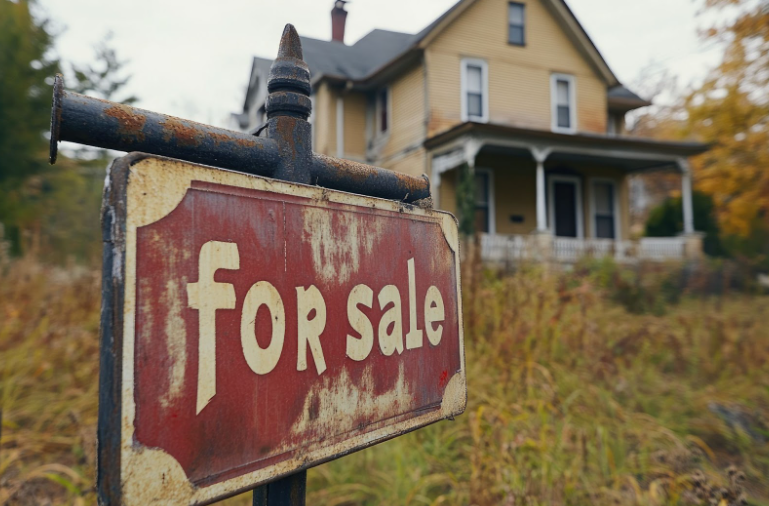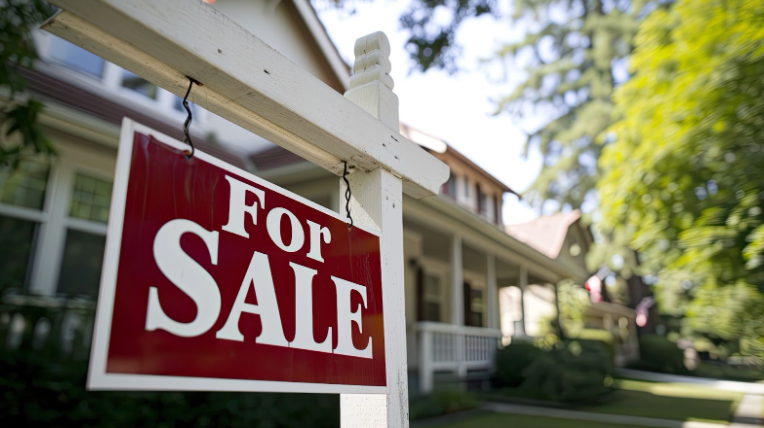Unlocking Value: A Guide to Investing in Distressed Properties

Distressed properties, often available at below-market prices, present an attractive opportunity for real estate investors to unlock significant value. These properties can range from homes requiring minor cosmetic repairs to those in need of major renovations. Investors equipped with the right knowledge and resources can capitalize on these real estate offerings to yield substantial returns. The Alabama real estate market, with its unique regional characteristics, offers a varied inventory of distressed properties that savvy investors can benefit from. We will walk through the essential steps to invest in these potential-laden homes, from recognizing opportunity to understanding the valuation process and strategizing for a rapid turnaround.
Recognizing the Potential in Distressed Properties
The ability to see past the evident wear and neglect of distressed properties and envision their potential is crucial. Investors should look for homes in desirable locations where property values are likely to appreciate. It's also advantageous to identify properties that, despite their distressed state, have solid structural integrity and features that are attractive in the current market.
The Valuation Process
Proper valuation is the linchpin of investing in distressed properties, as it determines the feasibility of an investment. The valuation process involves assessing the after-repair value (ARV) of the property—which is the estimated value of the property once all repairs and upgrades are completed—against the cost of acquisition and renovation. Detailed inspections and comparative market analyses are integral parts of this process, helping investors to make data-driven decisions.
Finding Distressed Properties
Locating distressed properties requires a proactive approach. Options include searching for foreclosures, REO (real estate owned) listings by banks, or properties at auction. Networking with real estate agents who specialize in distressed properties can provide access to off-market deals, often before they become widely known.
Financing Your Investment
Investing in distressed properties often entails creative financing solutions. Traditional mortgages may not always be an option, leading investors to explore hard money loans, private lending, or partnerships. The chosen financing method should align with the investor's timeline and strategies for the property.
Quick Turnaround: A Win-Win for Sellers and Investors
A quick turnaround can be mutually beneficial for both sellers, who may be looking to offload the property promptly to avoid further financial strain, and investors, who aim to minimize holding costs and capitalize on market momentum. This requires a well-oiled plan for renovation and sale, a ready team of contractors, and an effective marketing strategy to attract potential buyers or renters post-renovation.
Renovation Strategies
Successful renovation of distressed properties hinges on prioritizing updates that offer the most significant return on investment. Investors should focus on improvements that will enhance the property's appeal to a broad base of buyers, such as kitchen and bathroom updates, flooring, and curb appeal—rather than over-personalized or high-end renovations that don't add proportionate value.
Risk Management
Investing in distressed properties is not without risk. Unforeseen structural issues, budget overruns, and shifts in the market can impact profitability. Conducting thorough due diligence, setting a realistic budget with a contingency for unexpected expenses, and staying informed about market trends are essential steps in risk mitigation.
Legal and Regulatory Considerations
Investors must navigate various legal and regulatory considerations when dealing with distressed properties. This includes adhering to property disclosure laws, abiding by local building codes, and obtaining the necessary permits for renovation work. Professional legal advice may be necessary, particularly in complex situations involving foreclosures or short sales.
The Alabama Market: A Landscape for Opportunity
Alabama's real estate market has unique aspects that can influence distressed property investments. Diverse economic drivers, including manufacturing, aerospace, and education, provide a stable backdrop for real estate investment. Additionally, Alabama's relatively low cost of living and property taxes appeal to a wide range of buyers, from first-time homeowners to retirees, which can make distressed properties in the state particularly attractive for investment.
Exit Strategies
Before purchasing a distressed property, investors should have one or more exit strategies in place. Whether the goal is to flip the property for a profit, rent it for passive income, or hold onto it for long-term appreciation, having a clear exit strategy helps ensure that the investment aligns with the investor's overall financial objectives.
Distressed properties offer a pathway for investors to potentially reap substantial rewards through real estate investment. The prospect of purchasing properties at a discount, adding value through strategic renovations, and then realizing a profit through sale or rental, makes for an enticing venture. In Alabama, where the real estate market is ripe with opportunities, investors can find a variety of distressed properties that, with the right approach, can translate into valuable assets. By carefully assessing each property's potential, understanding its true valuation, effectively managing renovation projects, and staying vigilant of risks and legalities, investors can unlock the value in distressed properties. With these strategies in hand, investors are well-positioned to take on the challenges and enjoy the rewards of transforming neglected houses into profitable investments.
Looking to transform distressed properties into lucrative investments? With actionable insights and tailored strategies, we'll show you how to navigate Alabama's distinctive market, assess property potentials accurately, and develop effective renovation and exit plans. Don't miss the chance to turn challenges into profitable opportunities. Contact us now to begin your journey in the rewarding world of distressed property investing!










